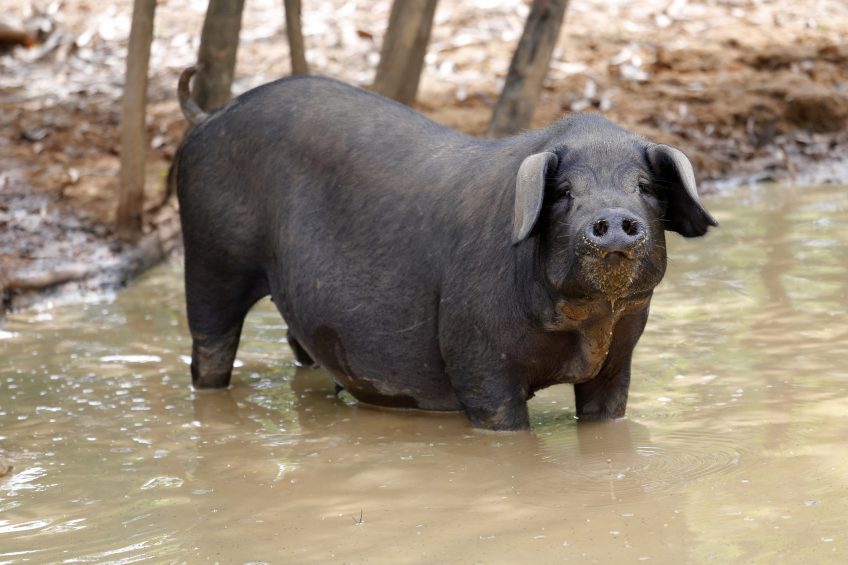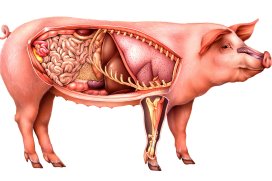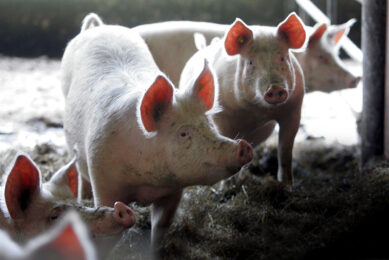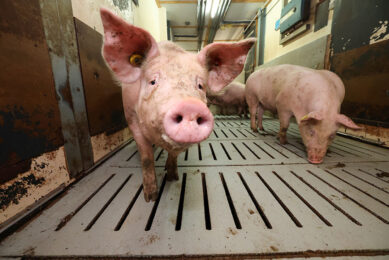US feral swine unlikely to be PRRS reservoir

Feral swine are unlikely to be an important source of spillback of Porcine Reproductive and Respiratory virus (PRRSv) into domestic swine.
That was the outcome of USDA-APHIS research to the role of feral swine, which was published in the latest edition of the Journal of Swine Health and Production, a publication by the American Association of Swine Veterinarians.

Read more about pig health in the Pig Progress Health Tool
Feral swine in the South East of USA
The researchers stated that, although feral swine populations are concentrated in the South East of the USA, the increasing geographic distribution of feral swine into northern regions of the country signifies a concurrent risk of the potential for increased pathogen transmission.
Although there had been local, small-scale surveys for PRRS, no national-level surveillance had been done for PRRS virus in feral swine in the United States.
The researchers tested feral swine sera from across the United States for antibodies to PRRS virus. The sera were collected between October 2013 and September 2015. In 68 out of a total of 5,506 samples tested, the researchers found antibodies to the virus, which corresponds to 1.2%.
Similar conclusions to French research
The conclusions of the researchers are thus fairly similar to conclusions from a research in France, where the antibody prevalence of PRRS in feral swine was found to be about 3.5%, and all positive feral swine were identified in areas with a high density and prevalence of infection in domestic swine.
Remarkably, the researchers pointed out that no antibodies to PRRSv were detected in feral swine in Spain or Slovenia. They stated that this might have been due to the relatively small sample sizes (78 in Spain and 178 in Slovenia) in those studies.
The research paper was authored by Kerri Pedersen, Dr Ryan S. Miller and Thomas Gidlewski, USDA-APHIS, Fort Collins, CO, USA; Anthony R. Musante, USDA-APHIS, Concord, NH, USA; Timothy S. White, St Paul, MN, USA; and James D. Freye II, USDA-APHIS, Madison, TN, USA.
Join 18,000+ subscribers
Subscribe to our newsletter to stay updated about all the need-to-know content in the pigsector, three times a week. Beheer
Beheer










 WP Admin
WP Admin  Bewerk bericht
Bewerk bericht